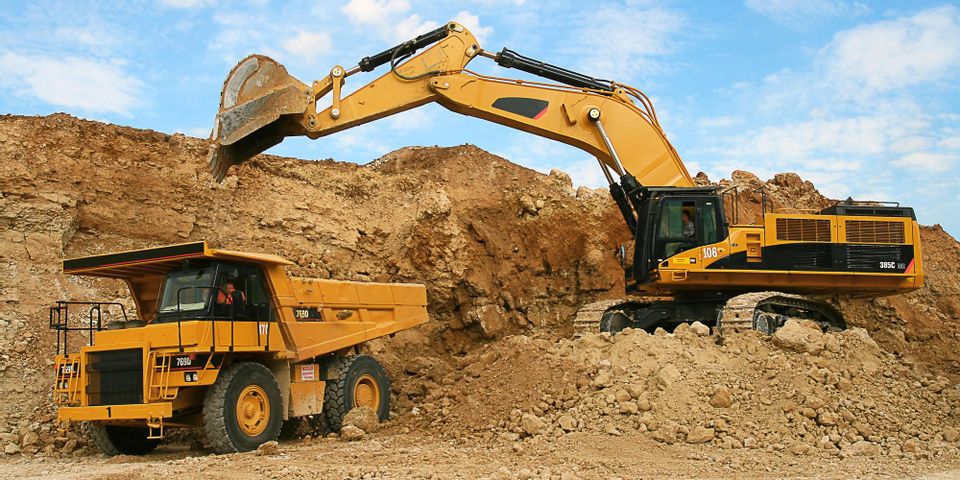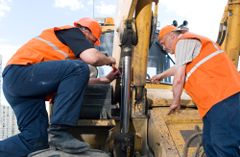5 Common Problems With Hydraulic Cylinders

Hydraulic cylinders are essential components for many industrial machines, adding to their unidirectional power and force. When they fail, it’s often because of a lack of maintenance and routine inspection. Here’s a closer look at why they might malfunction.
5 Reasons Why Hydraulic Cylinders Fail
1. Contaminated Fluid
When foreign matter enters the hydraulic fluid, it can damage the seal and score the cylinder interiors. Apart from abrasive materials, water and air are also considered contaminants that can reduce operational efficiency. Prevent particulates from entering by regularly checking the filtration system. Look out for an internally corroded barrel as an indicator of contaminated fluid in the cylinder. Also, double-check for proper cylinder installation, which will minimize water and air contamination.
2. Extreme Temperature
The right seal depends on a hydraulic cylinder’s operating environment. Using the wrong kind can lead to quick degradation and reduced efficiency. A cylinder that tends to overheat with a faulty seal prevents the hydraulic system from running at peak performance, damages the seal compounds, and speeds up fluid deterioration. Verify if the cylinder’s seal is right for the intended application and expected temperature levels.
3. Corrosive Chemical
 Similar to temperatures, different fluids can have severe reactions to particular cylinder seals. Some fluids contain chemicals and additives that may be incompatible with the seal material, causing shrinkage or swelling. Always ask the manufacturer about adverse reactions between seals and fluids. Inspect the hydraulic cylinder regularly as well to see if the fluid-seal combination is compatible.
Similar to temperatures, different fluids can have severe reactions to particular cylinder seals. Some fluids contain chemicals and additives that may be incompatible with the seal material, causing shrinkage or swelling. Always ask the manufacturer about adverse reactions between seals and fluids. Inspect the hydraulic cylinder regularly as well to see if the fluid-seal combination is compatible.
4. Leakage
Sometimes, seals leak because of improper fitting, corrosion, score marks on the grooves, wrong metalwork clearances, or contaminated fluid. At the first signs of a leak, check the seals and look for its source. Keep in mind that the longer you take to address the issue, the more problematic it will be for your hydraulic system.
5. Damaged Piston Rods or Bearings
Bent, dented, or cracked piston rods and rod bearings can lead to hydraulic cylinder problems too. Most damage results from overloading or side loading, which happens with a misaligned cylinder. Once you notice signs of physical damage, have the equipment’s alignment adjusted and the faulty components replaced to remedy the issue.
When you need replacement parts, such as hydraulic cylinders, hoses, fittings, valves, and gaskets, look no further than D & M Hydraulic Sales & Service. Headquartered in Waipahu, HI, since 1983, they carry an impressive inventory of supplies from the top hydraulic brands and offer 24-hour service. Call (808) 671-2420 today or contact them on their website to inquire about placing an order.
About the Business
Have a question? Ask the experts!
Send your question

